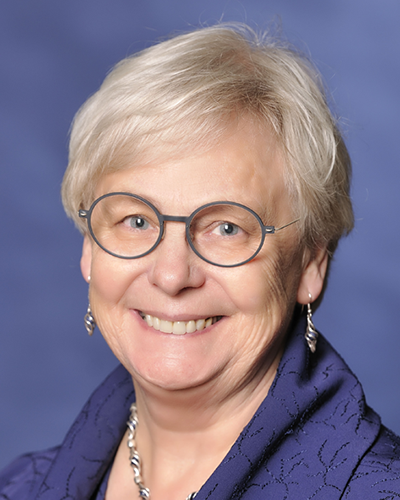A final word from the chair of the CRC for Water Sensitive Cities
The Board of the CRC for Water Sensitive Cities (CRCWSC) held its last meeting in October 2021, completing the final step in wrapping up the CRCWSC’s 9-year term and handing its legacy over to Monash University for the next phase.
“The CRC for Water Sensitive Cities started with a vision of sustainable, resilient, productive and resilient water sensitive cities,” said Cheryl Batagol (Board Chair).

“After 9 years, we’ve answered the big questions. How does water contribute to liveability? How do we plan at different scales to produce resilient water systems? Importantly, how do we collaborate to achieve success? How do we engage the communities within which we work? Because without them, we can’t deliver.
“And we have delivered the big projects. Research is done. Adoption has been delivered.”
We completed our term with:
- more than 1,800 IP assets including 48 case studies, 95 guidelines and industry resources which are easily accessible through our online Knowledge Platform
- 29 research synthesis reports applying WSC insights to real world challenges
- 3 think tank papers using leading research to provide thought leadership on emerging industry issues
- 50+ cities benchmarked using the Water Sensitive Cities Index with processes established for city-to-city learning
- 5 states with established WSC communities of practice to support the practical application of CRCWSC tools and products
- a position as trusted advisor to government and industry supporting significant policy reform and high level strategy development nationally
- more than $11 million of commercial income generated, and established local and international pathways to market for a growing number of small-to-medium enterprises (SMEs)
- 50 students who have completed their PhD, and 50 students altogether (PhD, masters and 'other' student types) who have since found employment in the industry
- a suite of national and international awards.
Importantly, the CRCWSC helped create an authorising environment for scaling up and mainstreaming CRCWSC insights and approaches, by influencing government policies (at the national, state and local levels), enabling water utility and urban planning strategies, and enhancing industry capacity and collaboration.
“Once again, I’d like to acknowledge all those involved over the past 9 years: my fellow board members, the Executive team, partners, researchers and operations staff. Thank you for your passion and commitment to creating sustainable, resilient, productive and liveable water sensitive cities.”